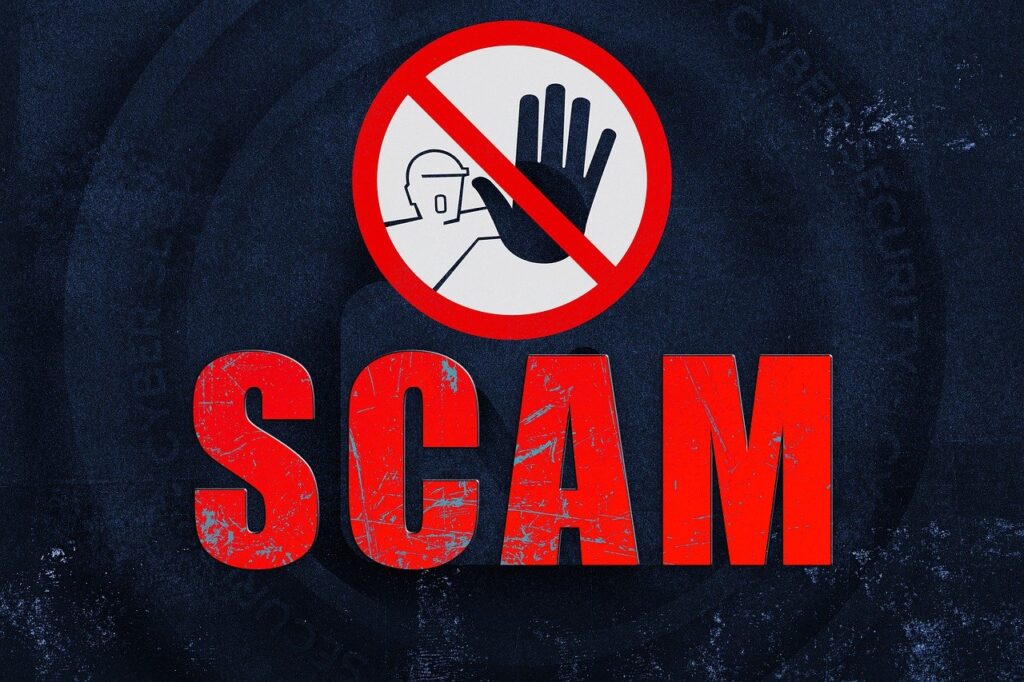Vietnamese Tycoon Sentenced to Death in $44 Billion Fraud Case

A court in Ho Chi Minh City, Vietnam has sentenced real estate tycoon Truong My Lan to death for her role in embezzling $27 billion from Saigon Commercial Bank (SCB) and causing a total estimated loss of $44 billion over an 11-year period. The 67-year-old chairwoman of Van Thinh Phat Holdings Group was found guilty on Thursday of embezzlement, bribery, and violating banking regulations in Vietnam’s largest-ever financial fraud case. It marks a rare instance of a woman being sentenced to death for white collar crime in the country.
From Cosmetics Vendor to Real Estate Mogul

Lan began as a cosmetics vendor in Ho Chi Minh City before founding her real estate company in 1992. She quickly rose to prominence in the city’s business community, amassing a large portfolio of hotels and restaurants. As Vietnam’s economy opened up in the late 1980s and 1990s, Lan was well-positioned to capitalize on the country’s booming real estate market.
However, her success was built on a foundation of corruption and fraud. Investigators found that from 2018-2022, Lan used a network of proxies and shell companies to illegally control over 90% of SCB’s shares, despite rules limiting individual shareholding in banks. She then arranged billions in unlawful loans from SCB to these shell companies.
In total, prosecutors said Lan appropriated over $12.5 billion and caused $44 billion in total losses, amounts equal to around 3% of Vietnam’s GDP. The death sentence appears aimed at pressuring Lan to return some of the $27 billion in court-ordered compensation, which prosecutors acknowledge may never be fully recovered.
Spectacular Trial Caps Anti-Corruption Campaign
The spectacular trial, involving over 2,700 witnesses, hundreds of lawyers and 6 tons of evidence, represents the most dramatic result yet of the ruling Communist Party’s years-long anti-corruption campaign. Party leader Nguyen Phu Trong has prioritized rooting out graft, seeing it as an existential threat to the party’s grip on power.
84 other defendants were convicted for their roles, with punishments ranging from suspended sentences to life in prison. Lan’s husband received 9 years in jail and her niece 17 years. A former chief inspector at Vietnam’s central bank was given a life sentence for accepting a $5 million bribe from Lan.
The trial provided a rare glimpse into the murky world of business and politics in Vietnam, where land is all officially owned by the state and access to it often depends on personal connections to officials. Corruption has become endemic as the economy has grown.

Balancing Growth and Graft

Some analysts say the anti-corruption campaign paradoxically threatens Vietnam’s fast economic growth, which has long been greased by endemic corruption, especially in the real estate sector where political connections are key to securing land. The government now faces a tricky balance in maintaining growth while reining in the excesses that enable it.
There are already complaints that the crackdown has slowed bureaucratic decision-making, as officials shy away from choices that could implicate them. At the same time, Vietnam has set the ambitious goal of reaching rich country status by 2045, which will require maintaining rapid growth and attracting foreign investment.
Rooting out corruption while keeping the economy humming will be a major challenge for Vietnam’s government in the coming years. The spectacular downfall of Truong My Lan serves as a warning of the risks of graft, but also highlights the difficult tradeoffs the country faces.
Challenges Ahead for Vietnam's Anti-Corruption Drive

The historic trial and death sentence of Truong My Lan has sent shockwaves through Vietnam’s business community and represents the most dramatic moment yet in the country’s years-long anti-corruption drive. While the campaign has been popular with the public, it also raises difficult questions about the future of Vietnam’s growth model.
As the government seeks to balance maintaining rapid economic development with cracking down on graft, the country’s political and business elite will be watching closely to see how far the campaign will go. The fate of Truong My Lan, once one of the country’s richest and most politically connected tycoons, suggests that no one is untouchable.
However, truly rooting out systemic corruption will require more than just high-profile trials. Vietnam will need to undertake deeper institutional reforms to increase transparency, strengthen the rule of law, and reduce the role of personal connections in business and politics. Only then can the country build a more sustainable and equitable growth model for the long term.



